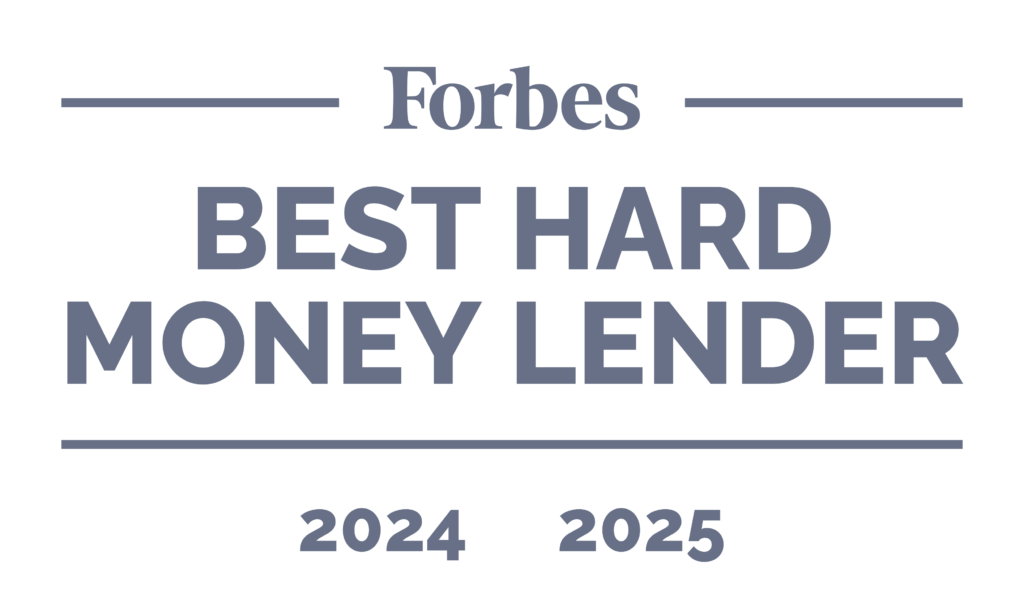Real estate makes a good investment and like many others, you may be considering a rental property to bring in extra income. Multifamily loans can help you secure this property and, depending on your location, make financing real estate well within your grasp. While you should consider a conventional mortgage, the Federal Housing Administration has loan options that you should also think about when pondering the best way to finance your real estate portfolio.
The Federal Housing Administration (FHA) is a government agency that provides mortgage insurance on loans made by FHA-approved lenders. The FHA was created in 1934 to help stimulate the housing market and increase home ownership. Since then, they have continued to provide insured mortgages for multifamily properties and commercial real estate investors.
The amount of capital you can secure with this type of loan is determined by several factors but generally speaking, multifamily loans are available in amounts up to $100 million or more for larger projects. However, there are loan programs that provide smaller loan amounts starting at around $500,000 . The maximum loan limit for an FHA multifamily loan is 85% of the appraised value or the purchase price, whichever is less.
Multifamily loan terms
The terms of multifamily financing will usually differ depending on whether or not you’re occupying your rental property. If you plan to live in your new investment and rent out all the units later on, an FHA loan may be the best choice for you. The down payment is low, with a requirement of at least 3.5% and your closing costs can be wrapped into the loan. The amount of money you may qualify for depends on where you live. In order to secure financing, you are usually required to provide information about any open loans to your loan officer and also show income statements or tax returns, as well as prove that you have a good credit score. The FHA also requires that the property meets certain health and safety standards, so it is important to research these requirements before applying for an FHA loan.
Front-end debt-to-income (DTI), also known as a housing expense ratio, is one of the most important factors when considering multifamily financing for commercial real estate investors. It is used to gauge an individual’s ability to meet re-payment requirements and is one of the key criteria lenders look at when assessing an applicant’s eligibility. The debt-to-income ratio measures an individual’s total monthly housing expenses compared to their gross monthly income. Generally, lenders prefer to see a front-end DTI ratio of 28% or less. This means that someone’s total housing expenses should not exceed 28% of their gross monthly income. If the ratio is higher than this, they may have difficulty qualifying for the real estate loan.
If you will not be living in your investment property, your financing options are a bit different. In this case, you’re usually looking at mortgage loans only. The amount of financing you can get for multifamily housing is higher than what you would typically get for a single-family home; however, because you’re planning to rent out all the units, your property is considered a higher risk. In some cases, you may want to find a lender who specializes in commercial property development. Because renting all the units is considered a higher risk, the loan terms differ from getting a mortgage on other properties. Your interest rate, for example, will typically be higher, and so will your down payment. You can expect to pay anywhere from 20-30% for a down payment, depending on how many units your property has.
Whether you live in your investment property or rent out all of the units, you are able to use the rental income to qualify for your loan. Usually you need to have rental agreements on hand so that your loan officer can see that units will indeed be occupied. If you haven’t found tenants yet, then it is less likely that your future rental income will be able to help secure your loan, as you cannot guarantee that all of the units will be filled.
Benefits of Multifamily Loans
Multifamily loans are beneficial for real estate investors, as they offer competitive interest rates and terms. Many of these loans are assumable, meaning that a buyer can take over the loan from the seller without having to reapply for financing. They also allow borrowers to purchase properties with less than 20% down payment which can make it easier for investors to get started in real estate investing.
In addition, FHA multifamily financing often has lower closing costs than traditional long term loans and they can help multifamily property investors consolidate several smaller loans into one large loan. This makes it easier for investors to keep track of their loan payments and maintain an organized financial portfolio.
Finally, FHA multifamily loans are generally more flexible than other types of financing options. The FHA is willing to work with buyers who may not qualify for a conventional loan due to their credit score or lack of a down payment.
Alternative multifamily property financing options
While FHA multifamily loans are the primary source of capital for multifamily investors, there are a range of financing options available today. A variety of lenders, types of loan, and asset-based structures exist that can support the purchase or refinancing of investment properties such as multifamily housing.
Small Business Administration 504 Loan
This type of real estate loan provides a long-term, fixed-rate financing solution for acquisitions and improvements of owner-occupied commercial real estate. It can be used to finance the purchase or construction of commercial real estate, including multifamily dwellings such as apartment complexes or student housing.
With an SBA 504 loan, borrowers can receive up to 90% financing, and the loan terms are typically between 10 and 20 years. As an added bonus, this type of loan provides a low down payment option of as little as 10%.
Hard Money Loans
Hard money loans are short-term loans that are issued by private lenders. This type of financing is typically used for distressed properties and can be used to acquire multifamily homes. Hard money loans come with high interest rates and fees, but they can provide quick access to financing when traditional lenders are unable to offer assistance.
USDA Rural Development Loans
USDA Rural Development loans are backed by the U.S. Department of Agriculture (USDA) and provide access to financing with competitive interest rates and low down payments.
The USDA Rural Development loan program is specifically designed to support multifamily property investors in the the development of affordable housing in rural areas, making it an ideal solution for multifamily investors who are looking to purchase or refinance a property in an eligible rural area. These loans can be used to purchase or refinance up to five units and can offer terms ranging from 15-30 years.
Agency loans
These types of loans can be an attractive alternative to FHA loans for commercial real estate investors looking to purchase and finance multifamily housing. Agency loans are provided by government-sponsored entities such as the Federal National Mortgage Association (Fannie Mae) and the Federal Home Loan Mortgage Corporation (Freddie Mac). These loans offer a number of advantages that can make them more attractive than FHA loans, including higher loan limits, lower interest rates, and more flexible terms. Agency loans also typically require larger down payments than FHA loans and may require that the borrower have a higher credit score.
Ultimately, the decision you make will be the one that helps you achieve your goals in real estate investing. Multifamily loans offer many options for new investors; with a bit of research, you can better understand which choice is the best one for you.
Get in touch to discuss multifamily loans with our expert loan officers today!






